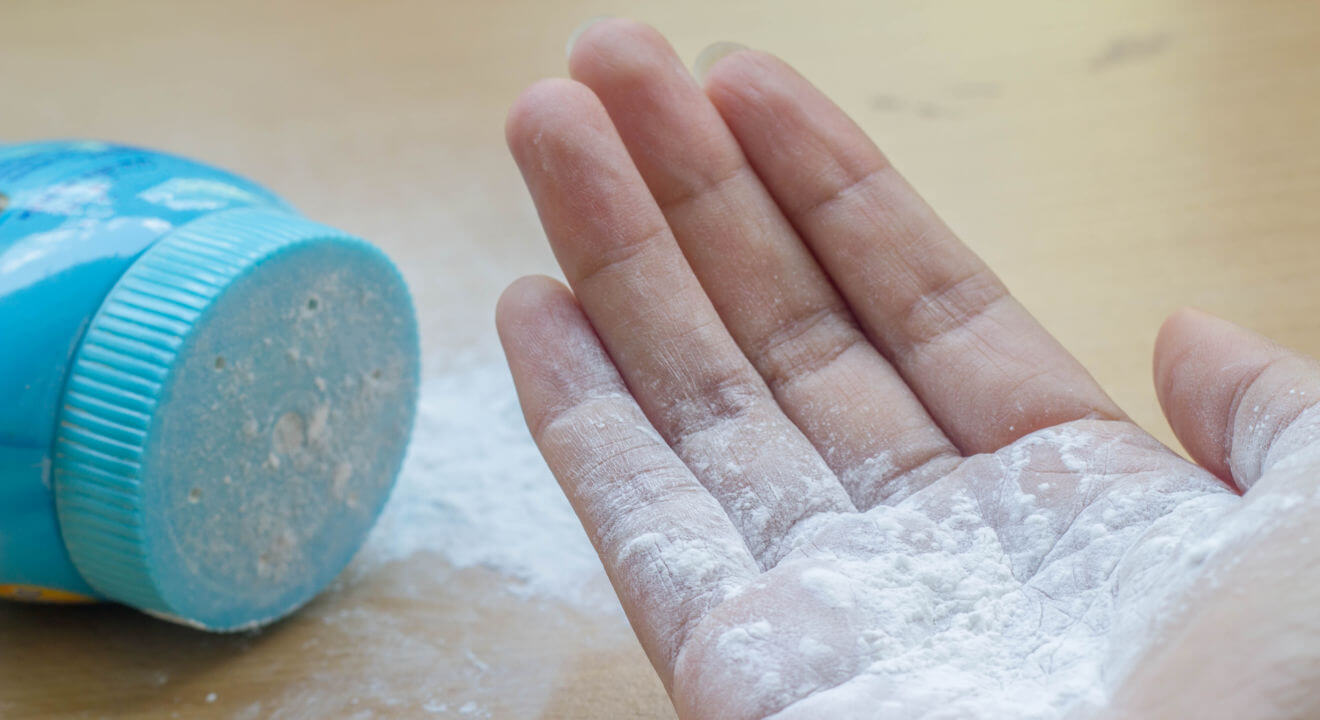Like many other women, Ann Christine Underwood regularly used Johnson & Johnson’s baby powder products for feminine hygiene. And, like thousands of other women, she developed ovarian cancer. Her daughter, Amy F. Darnold, believes her mother’s cancer was a direct result of baby powder use.
Ms. Underwood used baby powder around her groin for over fifty years. In November 2014, Ms. Underwood was diagnosed with Stage IIIC ovarian cancer and after a brave battle, she passed away in March 2016.
Ms. Darnold believes her mother’s battle with cancer and death could have been prevented had Johnson & Johnson (J&J) provided the appropriate warnings to consumers that its products could cause ovarian cancer.
What is Talc?
Talc is a naturally occurring mineral composed of mostly magnesium, oxygen, and silicone. Talc has natural moisture absorbing properties, so when it is ground into a powder, it can be used to keep the skin dry and prevent rashes.
Although talc has been an ingredient in baby powder for over 100 years, studies dating as far back as 1971 found a link between the talc used in baby powder products and the development of ovarian cancer when used around the groin. By the 1990s, J&J became increasingly concerned about the alleged link between the talc in its products and ovarian cancer and hired an independent consultant to investigate the link. The consultant advised the company to stop using talc in its baby powder or to provide a warning to consumers; however, J&J ignored this advice.
Safer Alternatives
Talc is not the only product that can be used in baby powder. A popular alternative is cornstarch-based baby powder, which is just as effective at absorbing moisture, and does not cause cancer. J&J even manufacturers a cornstarch-based baby powder, but its talc-based baby powder continues to be its top performing baby powder product on the market.

